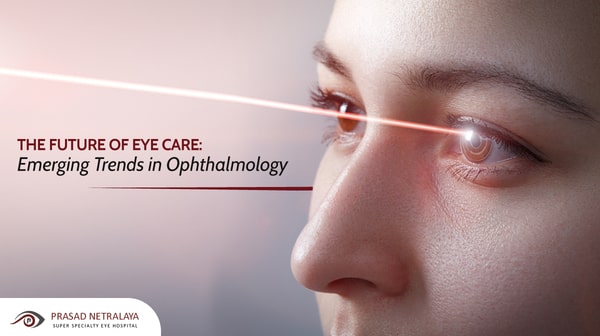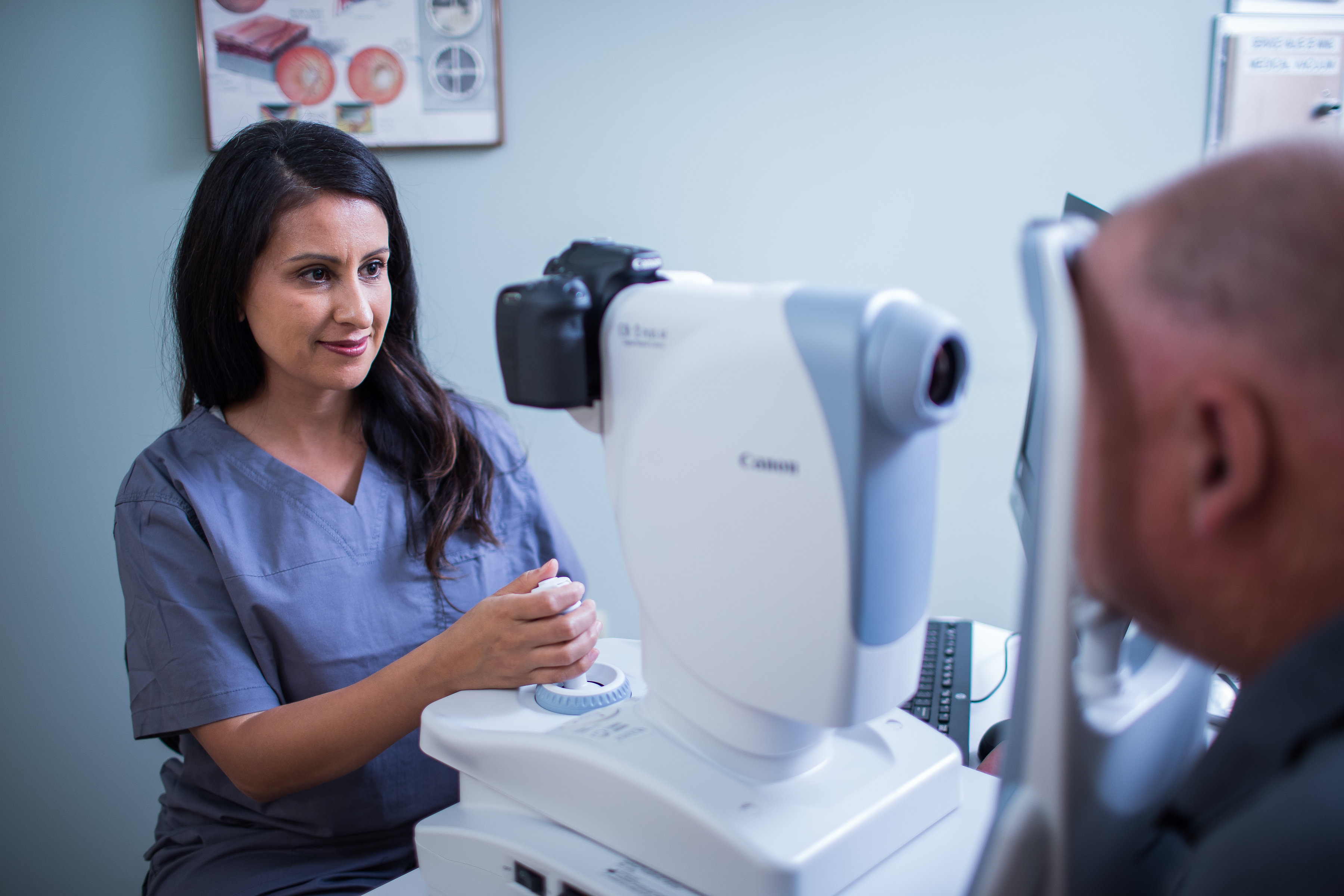Eye Facility in Andalusia: Premier Solutions for Vision Treatment
Wiki Article
Is Refractive Surgical Procedure Right for You? Elements to Think About for Better Eyecare
In the realm of eye care, the decision to undergo refractive surgery is a weighty one that requires thoughtful factor to consider. From the details of one's eye health and wellness to the complexities of everyday practices and personal assumptions, each facet holds relevance in the wider landscape of refractive surgery candidacy.Eye Wellness Examination
When thinking about refractive surgical treatment, a comprehensive eye wellness analysis is vital to examine the suitability of the treatment for every individual. cardiologist andalusia. This analysis includes a series of examinations and examinations conducted by an eye treatment expert to determine the total health of the eyes, the visibility of any kind of underlying problems, and the security of the refractive mistakeDuring the assessment, numerous elements are considered, such as the client's medical history, present eye prescription, corneal thickness, pupil dimension, and tear film quality. These assessments help to identify any contraindications to refractive surgery, such as corneal irregularities, cataracts, or without treatment eye infections. Furthermore, the assessment assists to manage patient assumptions pertaining to the potential results of the surgical treatment based upon their one-of-a-kind eye attributes.
Ultimately, the eye health and wellness evaluation is necessary in guaranteeing the security and effectiveness of refractive surgical procedure, as it gives useful understandings right into the individual's eye health status and aids establish one of the most ideal treatment alternatives for attaining ideal visual outcomes. (eye center andalusia)
Lifestyle Analysis
A thorough way of life evaluation is important in figuring out the suitability of refractive surgical procedure for a person's visual correction requirements. Way of life factors such as line of work, leisure activities, and daily activities play a critical duty in the decision-making procedure regarding refractive surgical treatment.Moreover, lifestyle habits such as sporting activities engagement, exterior tasks, or also skin care routines can influence the healing procedure and overall success of refractive surgery. By performing a comprehensive way of living analysis, eye treatment professionals can tailor their referrals and therapy plans to fulfill the one-of-a-kind needs of each person, eventually leading to enhanced aesthetic results and complete satisfaction.
Expectation Placement

Setting practical assumptions involves thorough pre-operative conversations between the client and the ophthalmologist. The doctor should transparently communicate the prospective threats, advantages, and limitations of the procedure (neurologist andalusia). People need to comprehend that while numerous individuals attain 20/20 vision or far better adhering to refractive surgical treatment, some may still need glasses for sure activities like analysis or driving at evening. Managing these expectations helps stop dissatisfaction and dissatisfaction post-surgery, leading to a much more positive overall experience for the client.
Threat Evaluation

Elements that might raise the risk of difficulties consist of age, particular clinical problems like autoimmune illness, unpredictable vision prescription, thin corneas, and impractical patient assumptions. Furthermore, selecting a experienced and experienced doctor, complying with pre and post-operative care instructions vigilantly, and divulging any kind of pertinent case history can help minimize risks.
To lessen the probability of complications, eye doctors perform extensive pre-operative examinations to determine any kind of contraindications to surgery. They likewise discuss the potential risks and benefits with patients throughout the consultation procedure. By taking part in open interaction and shared decision-making, both the ophthalmologist and the client can interact to establish if refractive surgical treatment is the appropriate option based upon private threat profiles and wanted results.
Assessment Importance
Considering the crucial function of notified decision-making in analyzing risks and potential problems in refractive surgery, the consultation procedure holds considerable significance in guiding patients towards optimal outcomes. Throughout the examination, the eye doctor evaluates the patient's eye health and wellness, refractive mistakes, and general viability for surgical procedure. This preliminary analysis is important in determining the most suitable procedure for each and every person, thinking about factors such as corneal thickness, pupil dimension, and existing eye problems.Furthermore, the appointment works as a chance for individuals to review their assumptions, worries, and any type of questions they might have concerning the surgery. Clear interaction between the person and the cosmetic surgeon is important to ensure realistic assumptions and a complete understanding of the possible threats and cardiologist andalusia benefits entailed.
In addition, the assessment enables the doctor to describe the various surgical choices readily available, their particular results, and the post-operative treatment required. This extensive conversation encourages individuals to make well-informed choices concerning their eye treatment, bring about far better satisfaction and results post-surgery.
Conclusion
Finally, individuals considering refractive surgical procedure must undergo a thorough eye wellness evaluation, analyze their lifestyle habits, align their assumptions with potential results, assess the affiliated risks, and prioritize examinations with eye care experts. These elements play a critical role in determining the suitability of refractive surgery for each and every individual, making sure ideal end results and fulfillment with the procedure.Individuals taking into consideration refractive surgery usually have high assumptions regarding the results, expecting excellent vision without the requirement for glasses or contact lenses. While refractive surgical procedure can substantially improve vision and lower dependency on aesthetic help, it is crucial for people to recognize that outcomes may differ based on private elements such as the degree of refractive error, corneal density, and general eye health and wellness.
By involving in open communication and shared decision-making, both the client and the ophthalmologist can work together to establish if refractive surgical procedure is the appropriate choice based on specific danger accounts and desired end results.
Considering the essential role of notified decision-making in examining threats and potential difficulties in refractive surgery, the examination process holds significant importance in directing clients towards optimum outcomes. During the assessment, the eye doctor evaluates the patient's eye health, refractive errors, and overall suitability for surgical procedure.
Report this wiki page